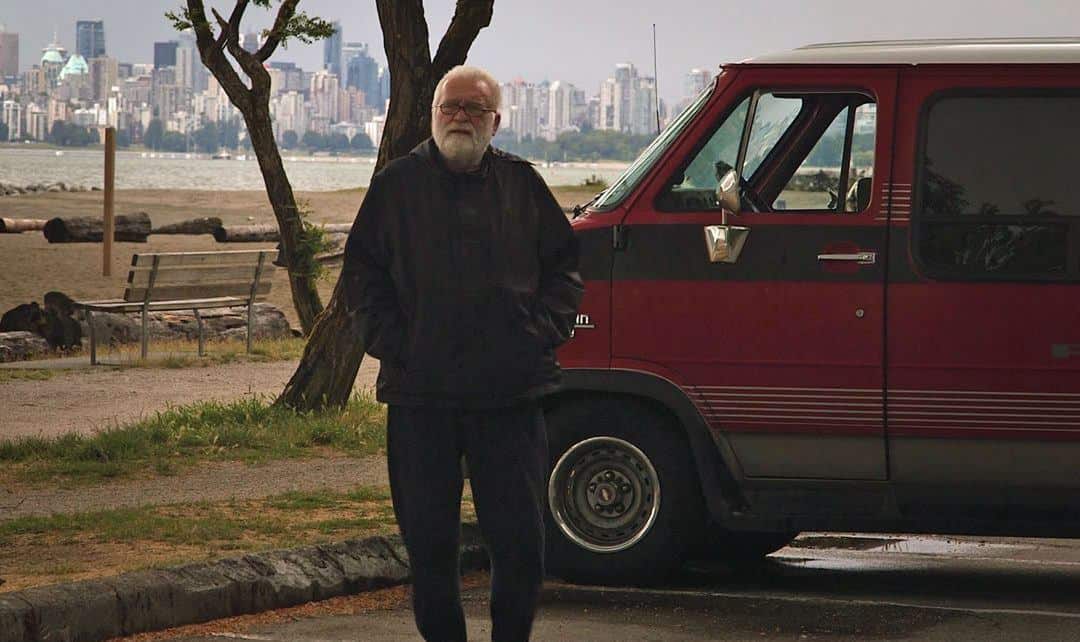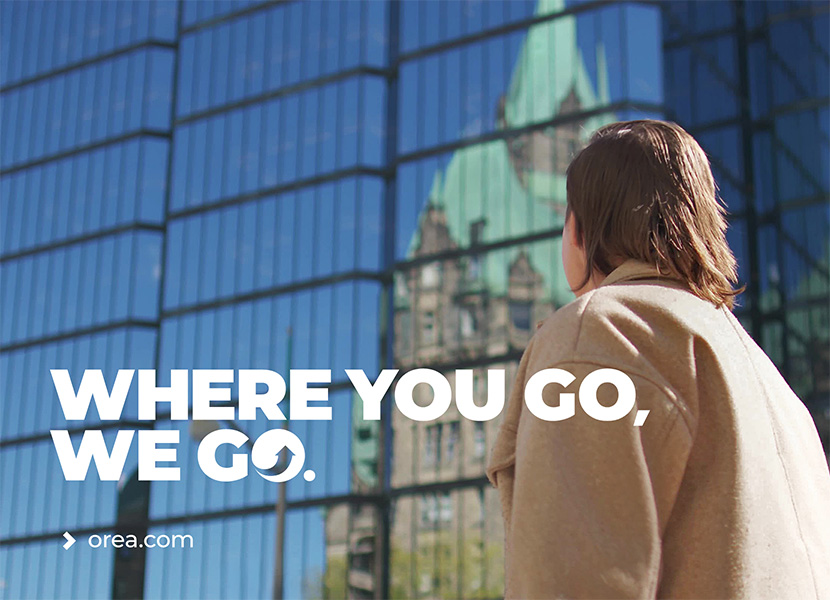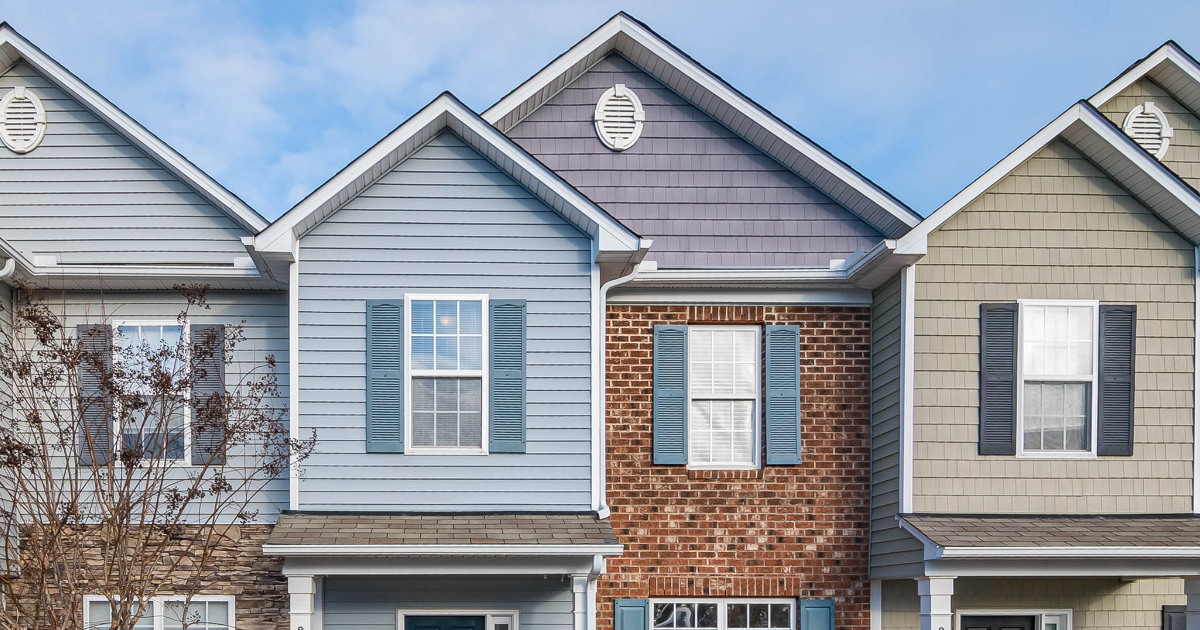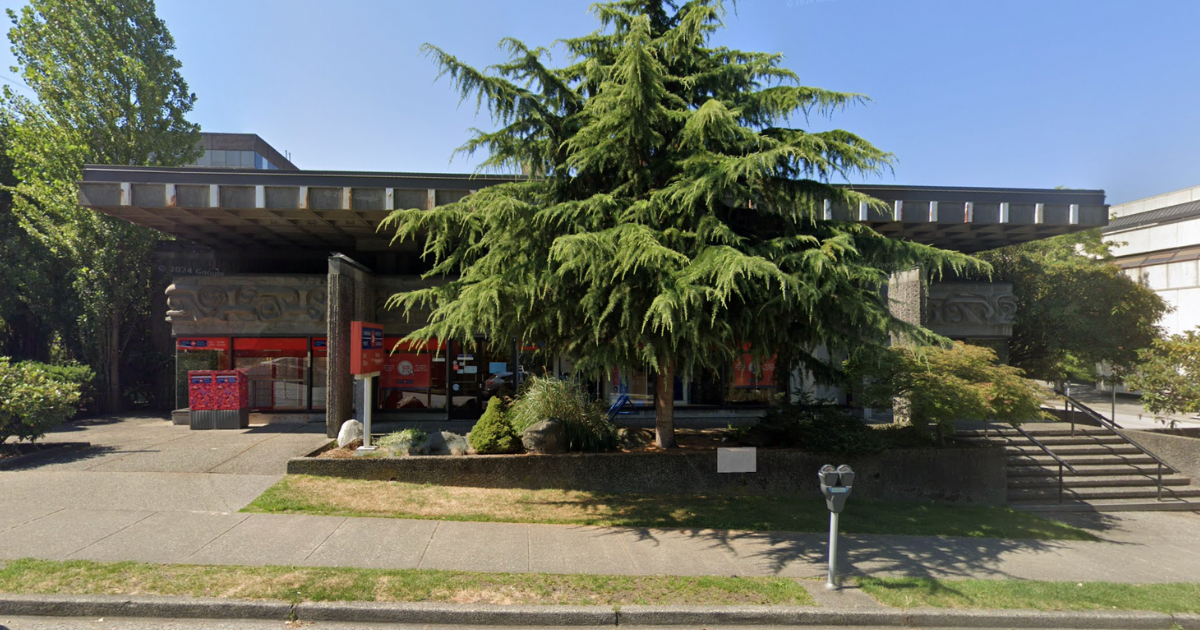A new documentary says Vancouver is experiencing a housing crisis so severe that many of its residents have been forced out into the streets. Some live in tents, others in vehicles. It’s not entirely surprising in a city where the average house price is $1.7 million and the minimum wage is $11 an hour.
The many causes of the crisis and how people are dealing with it are explored in the documentary, Vancouver: No Fixed Address, which had its world premiere at the Hot Docs film festival in Toronto in May. We caught up with Vancouver-based director and producer Charles Wilkinson to discuss his latest work. The following has been edited for length.
Why did you make this film?
In my city, Vancouver, and in many of the cities around the world, inequality is growing at an astounding pace. We now often see homeless people sprawled on the sidewalk as cars drive by that cost as much as a house. In Vancouver, the engine that’s driving the growing disparity between the haves and have-nots is housing. Landowners’ wealth increases daily. The lot of renters diminishes daily. As well, there are a number of significant societal changes taking place – for example millennials who choose not to take on 30-year mortgages and are searching for alternatives. Amidst all of this we hear a debate raging that is often characterized by misinformation, anger, racism and misdirection. This is a story that involves all of us.
It’s one worth telling.
Some of the contributing causes of the current housing crisis – lack of housing supply, government inaction, greed, foreign ownership, the fact that some of the biggest donors to political parties are real estate developers, loopholes in rent control, the arrival of Airbnb – have previously been documented in the media. What new information do you feel you uncovered?
There are multiple facts in the film that are pretty mind blowing. Like that 90 per cent of the condos built in the city are purchased by speculators. Like the fact that this housing issue is merely a symptom of a far greater problem – namely that successive business-first governments have encouraged the looting of our natural world such that our economy’s former staples – timber, fish and minerals – are largely gone and with them all those jobs and taxes. So our governments have created a flurry of economic activity around real estate speculation. It’s one of the last things of value that we have to sell in order to facilitate the continued lavish, unsustainable lifestyle to which we’ve all grown accustomed.
One of the residents featured in the film is a pensioner who lives in his van. Are there others like him?
Yes, hundreds. There are side streets in downtown Vancouver where every second parked vehicle is someone’s abode.
During a Q&A after the film’s screening at Hot Docs, you mentioned that even wealthy people are being negatively affected. How so?
What we have found really surprising is that almost no one we talked to is happy with the situation. People who are doing really well, whose houses are assessed for a lot more money, are concerned that our communities are disintegrating because they’re filled with vacant houses. Even the kids of wealthy people can’t afford to have children, that means we don’t get grandchildren. So it’s cutting across all economic lines.
Aside from real estate marketer and “Condo King” Bob Rennie, you didn’t feature any real estate agents in the film.
No, no agents per se, although we did consult with a number of them. For obvious reasons, few Realtors are in a position to speak freely. Many who spoke off the record expressed fear and frustration that the runaway market is destroying their communities. We did include Bob Rennie, whose point of view can be condensed as “we need to build more”. It’s an argument that many disagree with.
You say Vancouver house prices are the highest in the country. How high are they?
The price of detached houses sold in Greater Vancouver in April averaged $1.76-million, down 3.2 per cent compared with $1.82-million in February 2016. By contrast, average condo prices in the area over the past year have jumped 13.7 per cent to $603,737, while average townhome prices have risen 10.8 per cent to $827,893. This in a city where minimum wage is $11 an hour.
Any final thoughts?
A previous film of mine was Oil Sands Karaoke. It was made at the height of the oil boom with prices well over $100/barrel. In the oil patch, in Ft. Mac you couldn’t find a single person who thought it would ever end. Sustained high oil prices were invincible. Just like today sustained high housing prices are invincible. We know what happened to the oil patch.
Vancouver is not unique in this. International money, much of it anonymous and of questionable origin is sloshing around the globe looking for a return. We could, as do some other jurisdictions, make speculation less attractive. But we don’t. The amount of cash at play is just too tempting.
Unfortunately, as always happens, at the end of the day the profits will be taken away, the Porsches will rust, the motorboats will sink, the expensive wine will be drunk and the hangover will commence. It’s going to be a doozy.
Diane Slawych is a contributing writer for REM.
















